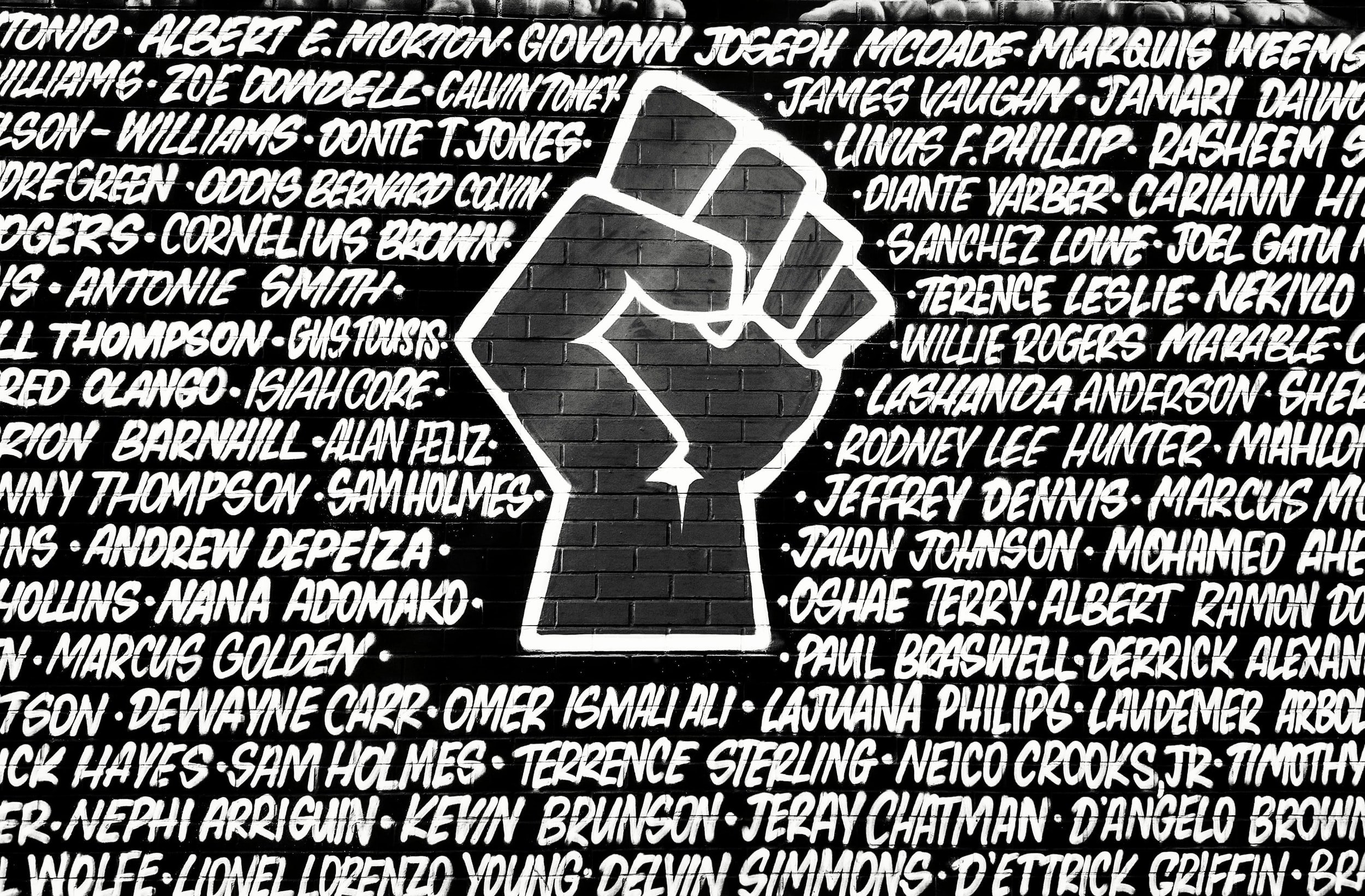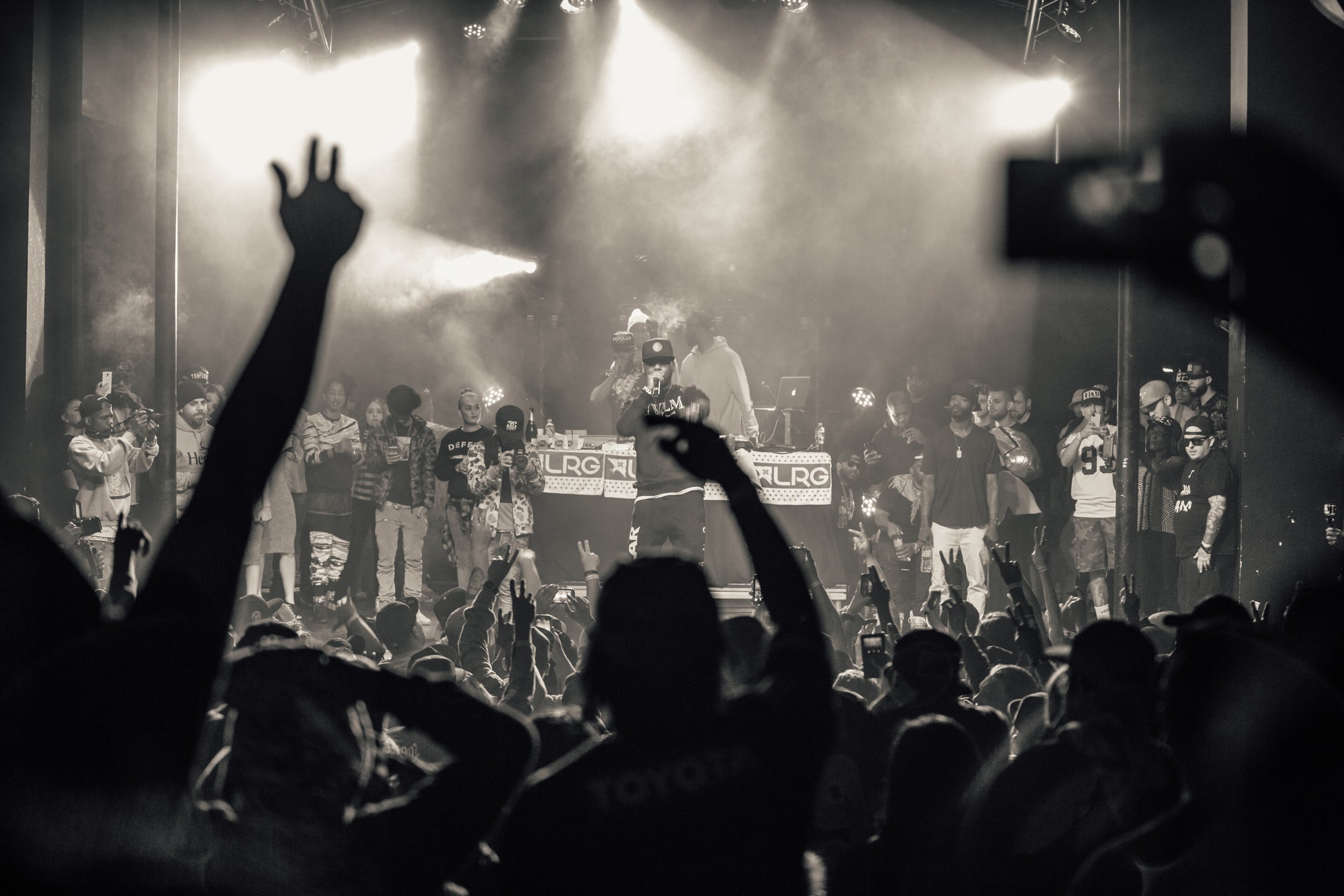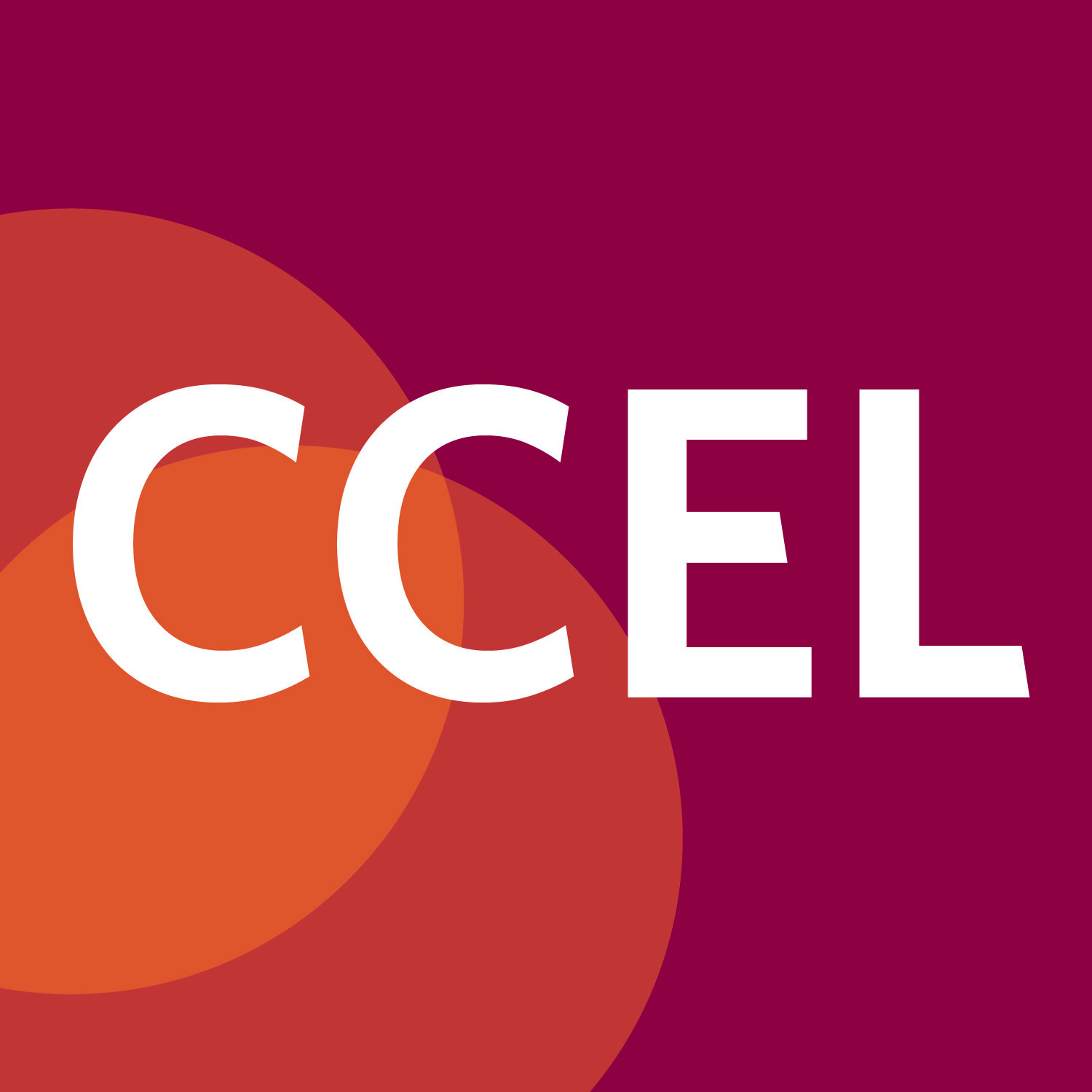
CEL Courses for Spring 2022
-

Music of Latin America
Taught by Angelina Tallaj, AHMU 1100
This course presents a survey of music history, with a focus on developing the skills of thinking and writing critically about music. Students will learn to listen in a focused way and relate what they hear to issues of musical “meaning” and general culture. Students will learn some technical vocabulary that will help them describe or advocate for any music they encounter, and they will apply this vocabulary to examples throughout the semester, for instance a Beethoven Symphony or a Duke Ellington jazz arrangement. Sections may have different focuses in terms of geography or chronology.
-

World Music and Dance
Taught by Angelina Tallaj, AHMU 2048
This course will take an approach based on the premise that to study music is to study people, community, history, religion, politics and dance, as well as to study musical styles, forms and instruments. This approach provides the student with an appreciation of the sound, power and meaning of music as it exists within culture. Previously titled Worlds Of Music.
-

Senior Values, Incarceration: History, Literature, Film
Taught by Anne Hoffman, XXCL 4050
This seminar considers the history of classifications of deviance and abnormality, along with the rise of penal systems and surveillance in the modern state. Focusing on mass incarceration from Reconstruction to the present, the course examines perspectives on criminality, civil disobedience, and punishment, in relation to the complex history of race in the U.S. Through poetry, narrative, and film, the course considers a range of subject positions and analyzes the perspectives they convey concerning individual experience and social structure. Close attention is given to individual voices, in light of the factors that shape point of view, identity, and social role.
-

Art, Design & Politics
Taught by Adriana Warner, TDAR 3030
How can art and design be used as a form of social activism? This studio-art course pushes beyond the confines of the classroom/gallery, taking art “to the streets” with collaborative, student-directed creative initiatives that effect positive change in the real world. The course structure is flexible, with projects driven by the particular interests of the students enrolled. We will dive into ethical conundrums related to social justice and explore the intersection of activist, research, and aesthetic strategies. Readings, guest lectures by artist-activists, and seminar-style classroom brainstorms over potluck dinners will provide students with the tools and inspiration to meaningfully engage with communities in a joint effort to see power and reimagine it in innovative ways.
-

Visual Justice
Taught by Casey Ruble, TDAR 3060
Starting with the premise that narratives can dispossess and malign but also empower and humanize, this studio-art course explores the ways image-based storytelling can enact visual justice by challenging the “single stories” that uphold systems of oppression. Students will study contemporary works of art and literature focusing on a range of issues and their overlap—race, ethnicity, class, migration, housing, incarceration, disability, gender, sexual orientation, and the environment, for example—and will be supported in creating an image-based story of their own in the medium of their choice. Incorporating a community-engaged learning (CEL) component, the class will partner with the Narrative Justice Project, an organization dedicated to providing a space for artists, writers, activists, and lawyers to discuss, share, and collaborate on issues at the intersection of justice, policy, and voice. That engagement gives the course a CEL designation. No previous art-making experience required.
-

Communication and the Food System
Taught by Garrett Broad, COMM 4115
This course focuses on the relationships between contemporary food systems, communication and media systems, culture, and social change. It explores the unique contributions that perspectives from communication and media theory can bring to the study of agriculture, food, and society. It also considers how these perspectives can inform actionable practices that aim to bolster long-term nutritional health, economic equity, and global environmental sustainability. The course covers a diverse set of topics, including food and its relationship to human civilization, identity, journalism, marketing, entertainment, animals, the environment, labor, nutrition, technology, policy, ethics, etc.
-

Francophone African Communities in NYC
Taught by Isaie Dougnon, MLAL 3496
This course will examine contemporary cultural, educational, social, and human rights issues among Francophone immigrant communities from Africa and the Caribbean in New York City. Topics such as migrant trajectories, employment, gender roles, diasporic connection, relations with country of origin, youth education, solidarity, and hybrid identities will be explored. Primary source research and community engagement with migrant organizations will be emphasized.
-

Contemporary Issues in Humanitarian Actions
Taught by Anna Levy, HUAF 5012
This course will introduce students to the pressing issues and acute challenges of contemporary humanitarian response through three modules on (1) Threats and Vulnerabilities, (2) Accountability in Humanitarian Response, and (3) Innovations in Humanitarian Response. The aim of the course is to examine how the international community forms consensus regarding best practices, and how this, in turn, informs humanitarian practice.
-

Media and Sexuality
Taught by Jennifer Moorman, COMM 2277
By all accounts, we have witnessed an explosion of LGBTQ representation in the media over the last decade. This course critically examines the terms of this new visibility, and inquires into the exclusions that accompany the recognition of certain queer and trans subjects. Through the study of media, film and popular culture, we will explore how representations of sex and sexuality are also central to the construction of ideas about race, class, gender, and nation.
-

Scripture and Racial Justice
Taught by David de la Fuente, THEO 3611
This course explores the ways Christian scriptures have been used throughout American history as tools for both oppression and liberation in the struggle for racial justice and the creation of a multi-religious nation. By looking closely at the interpretive practices throughout various eras of American history, students are equipped to consider: (1) the continuity and diversity of Christian textual traditions, (2) the embedded locations of active agents involved in scriptural interpretation, (3) the impact of scriptural interpretation and textual traditions on U.S. legal systems and social practices, and (4) the ongoing need to investigate how sacred texts and traditions function for inclusion and exclusion.
-

Spirituals, the Blues, and African-American Christianity
Taught by Rufus Burnett, THEO 3376
In the makings of the modern western world, the Christian imagination and African American cultural production have held a longstanding relationship. Afro-Christian, Afro-Blue is an invitation to read, view, and listen to two genres of African-American cultural production: the Blues, and the Spirituals. The course focuses specifically on the proliferation of these two genres in the early decades of the 20th Century. Through engagement with the Spirituals and the Blues, students will weigh in on three substantive problems in the making of the Americas: the involuntary presence of Africans and their descendants in the Americas, the God reality, and the religious meaning of Africa. The insights in the Blues and the Spirituals provide a sonic angle into how Americans have used their imagination of the Sacred to continuously restructure and reimagine options for life and living. Students will be afforded a unique opportunity not only to read texts, but also to listen to and view the sonic productions of a people and their efforts to speak, sing, and moan the Sacred otherwise.
-

Designing Smart Cities for Social Justice
Taught by Gregory Donovan, NMDD 3880
This class combines a critical introduction to the promises and perils of the smart city with a community-engaged learning and design project. "Smart urbanism" represents the rapid integration of networked technologies into all modes of urban living as well as the reorienting of urban economies toward high-tech industries. While much of smart urban rhetoric focuses on designing efficient and globally competitive cities through data-driven platforms, critics argue it has led to stepped-up surveillance, discrimination, segregation, and economic inequality in urban environments. Through class readings, group discussions, and engagement with the Lincoln Square community, students consider how a smart urban design oriented towards social justice could help rework flows of wealth, power, and privilege in New York City.
-

Introduction to Professional Writing
Taught by James Garner, ENGL 5999
The required 10th course for English Ph.D. students consists of sequenced pedagogy training spanning two semesters. ENGL 5999, the first part is the prerequisite for taking the second part of the course in the fall semester ENGL 6004 Colloquium: PED Theory: Pr. This course meets at RH and LC.
-

Religion in NYC: Practice and Theory
Taught by Robert Davis, THEO 4500
This course, conceived as a capstone for the theology and religious studies major and minor, offers an advanced introduction to theories and methods in the academic study of religion and theology through a rigorous study of historically influential texts, contemporary challenges to and reconceptions of traditional scholarly categories, and productive partnership with communities of religious and spiritual practice in New York City. A major aim of the course will be the critical interrogation of the dichotomy of “theory” and “practice.” We will give attention throughout to the concrete communities, histories, and contexts out of which and for which the foundational theories of religion have been produced, and we will, in turn, attend closely to the theorizations and conceptualizations of religious practice developed within the communities of practice with whom we partner. Because this is a community engaged learning course, each member of the class, in consultation with the professor, will engage in a community-based research project as an integral part of the academic project we pursue in this course. In spring 2022, our theme is “Religious Experience in the ‘Secular’ City.” We will consider especially the heuristic and explanatory value of the category of “religion” to delimit a particular set of communities, practices, and orientations to the world, and will interrogate the meaningfulness of the distinction between “religious” and “secular” practices. Our particular lens will be the category of religious experience—its histories, semantic range, and the methodological problems involved in constituting experience, and specifically religious experience, as an object of inquiry. What do religious and spiritual practices “do” for individuals and communities? What, if anything, distinguishes a particular experience as “religious” or “spiritual”? How do conceptualizations of religious experience shape contemporary spiritual and religious practices, and how do the ongoing transformations and recontextualizations of these practices expand and challenge traditional conceptions of religious experience?
-

From Rock-N-Roll to Hip-Hop
Taught by Mark Naison, AFAM3134
A study of urban youth culture through an examination of musical forms and their evolution form the post-WWII era to the present. Begins with Rock and Roll and ends with Rap and Hip Hop.
-

Honors Sacred Texts
Taught by Katherine Kueny, XXCL 2811
Honors Only
-

Communication Ethics and the Public Sphere
Taught by Diana Kamin, COMM4360 (formerly COMM4004)
This course deals with the policy decisions and ethical issues facing society in the telecommunication age. Of special concern are the ethical issues raised by the melding together of heretofore discrete media into vertically integrated, profit-oriented, corporations.
-

Strategic Branding
Taught by Genevieve O’Connor, XXGB7723
This course demonstrates the strategic importance of branding by focusing on the various ways brands acquire and sustain value in the marketplace. It analyzes relevant and comprehensive theories, and all the necessary tools, ideas, and concepts to uncover the brands’ identities and help managerial branding decisions. Topics discussed include socio-cultural perspectives on branding and brand management, emotional branding, financial considerations, and consequences of branding decisions.
-

Art and Action on the Bronx River
Taught by Matthew Lopez-Jensen, TDAR2424
This course is designed around direct experiences with the Bronx River, which flows only a few minutes' walk from the Rose Hill campus. The river is a critical urban landmark, a scenic dividing line that runs from Westchester County to the East River. Throughout the semester, we will study the history of the river, its ecology, its relationship to surrounding communities, and its connection to New York City’s watershed. Walking, collecting, observation, and boating are some of the actions that might be combined with creative processes throughout the semester. We will also explore contemporary artists whose work combines social practice, activism, and environmental action. This is a visual arts class; however, experience in the creative arts is not required to be successful in this course. Assignments will be experimental in nature and may include drawing, photography, creative writing, and alternative research techniques. Throughout this course we will directly engage with the Bronx River Alliance, a nonprofit dedicated to promoting and protecting the river. We will also engage with the river itself.
-

Popular Education and Social Change in the Americas
Taught by Stephanie Huezo-Jefferson
Popular education emerged in the Americas as a liberation project nourished by revolutionary aspirations. The Brazilian educator Paulo Freire and others envisioned liberatory education by and for the people. This course will examine the historical moments and movements where popular education emerged. Taking up a range of voices and sources, we will consider the principles and practices that animated revolutionary projects and social movements in Cuba, Nicaragua, and El Salvador, among other Latin American and Latinx communities in the U.S. Together, we will learn from these experiences and enrich our own liberatory practices in and outside the classroom. This course is designed for students who have previous knowledge of Latin American or Latinx history.
-

Italian Community Engaged Learning: Art and Society
Taught by Alessia Valfredini, Italian 2201
This course is part of the core language sequence and corresponds to ITAL 2001, Italian Language and Literature. In this course, students develop linguistic, cultural, and intercultural skills by studying Italian texts and artifacts in their sociopolitical context, with a focus on the period after World War II. By collaborating with an Italian cultural Institution in New York state, students will examine the interplay between the local U.S. community and the institution, with a focus on representation and access, and experience and reflect on the negotiation of communication in an intercultural setting. Must have taken ITAL 1502 or placement.
-

Legal Framework of Business
Taught by Dennis Cappello, BLAW2234
This course covers the fundamental concepts and legal principles applicable to the American business community and the international environment. Topics include: sources of the modern legal system; legal ethics and governmental regulation; creation and discharge of contractual rights and liabilities; characteristics of agencies, partnerships, limited liability companies and corporations, including the rights and liabilities of agents, partners and corporate management.
-

Urban Issues and Policies
Taught by Gregory Jost, SOAN4961
A discussion of urban issues and policies
-

Applied Dev Psy Prac II
Taught by Lindsay Hoyt, PSYC8351
Undergraduate Seniors need permission from Department
-

Antisemitism & Racism
Taught by Magda Teter and Westenley Alcenat, HIST4312
As seen in current events, racial prejudice is commonplace in our society, and antisemitism and racism are the core characteristics of white supremacy. This course will examine the history of ideas and beliefs espoused by racists and antisemites: the differences and similarities, the contrasts and overlaps. Based on a wide variety of sources—texts, including literary and legal; visual evidence, such as paintings, ephemera, and films; and scholarly works by historians, literary and legal scholars, and philosophers—we will examine the history of antisemitic and racist tropes, and place them in a range of contexts and multiple perspectives: theological, legal, social, political, economic, and mythological. We will discuss how these stereotypes emerged, how they are encoded and transmitted, and why they continue to appeal to contemporary racial sensibilities. We will try to historicize them, investigating change in racist and antisemitic ideologies over time, as well as how ahistorical framings of such can trap us into discourses that generalize at the sufferance of specificities. During this course, students will also work on a hands-on exhibition in the Fordham’s Special Collection.
-

Global Marketing
Taught by Marcia Flicker, MKTG3440
This course addresses the need for global approaches to today's business by focusing on product design, promotion, distribution channels and pricing strategies that are tailored to diverse international cultural, political, competitive and economic environments. Specific attention is place on the feasibility of import/export, and national or global policies regarding marketing issues.
-

Nonprofit and Advocacy Writing
Taught by Maya Castellanos, ENGL3306
Nonprofit and Advocacy Writing is an upper division elective designed to help participants understand the professional writing and communication skills as well as the social issues that characterize work in the nonprofit and advocacy sector. As they develop an understanding of the rhetorical ways that nonprofit and advocacy workers communicate and act on behalf of social justice, they will also acquire skills for writing in genres and media commonly employed in such settings, including press releases, newsletters, reports, grant proposals, and more. When the course is run as a Community Engaged Learning course, a significant portion of it (at least 20 hours) will be dedicated to an experiential learning project in partnership with a nonprofit or advocacy organization
-

Texts & Context: Brave New World: Post-Pandemic Narrative
Taught by Julie Gafney, ENGL2000
The Bubonic Plague that ravaged Europe in the 14th century killed one third of the European population. Readers might imagine this cataclysmic event made for generations of apocalyptic narratives. Instead, we see the plague all but hidden in the stories that emerge in the post-plague years. The social, political, linguistic and cultural shifts that the plague inaugurated or ushered into being appear as symptoms or resistances within texts and narratives, to be unravelled, or to be further obscured by the reader. Are such narratives therapeutic or pernicious? Can an epoch of devastation, mistrust, and devaluation also be one of dilated expressions of identity and a productive upturning of power structures? As we explore medieval and post-modern narratives, how can we best understand our own plague stories?
-

Catholic Social Teaching
Taught by Megan Gooley, THEO3542
This course is an introduction to modern Catholic social teaching. Major papal and conciliar documents will be read and critically examined from various Christian and non-Christian perspectives. Their relation to contemporary social issues will be explored
-

Community Service/Social Action
Taught by Martin Carney, SOAN4970
This course will deepen students understanding of the meaning of community service and social action in America and challenge them to confront the moral issues and social commitments necessary to be members of a just democratic society.
-

Data Vizualization and Communication
Taught by Hongfei “Frank” Bi, COMM6208
Obtaining, interpreting, visualizing and displaying data are essential skills for communication professionals in the 21st Century. Featuring hands-on practice and examples, this course explores a wide range of data based communications, ranging from campaign strategy to data journalism and advertising tactics. Students will work on in-depth projects that require a demonstrable understanding of data, visualization, strategy, testing and evaluation.
